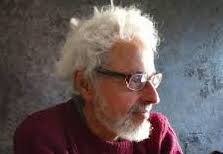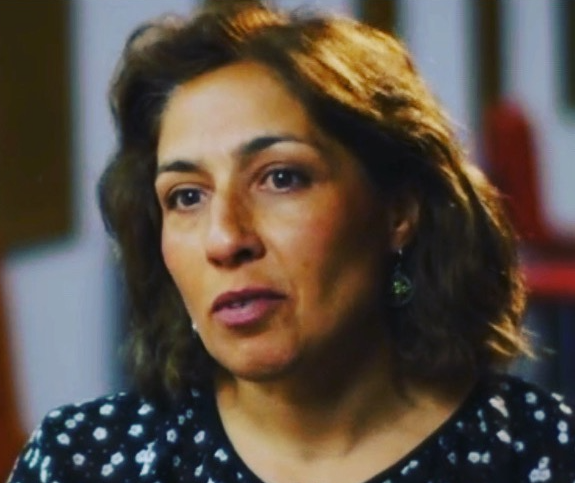Fernão Pessoa Ramos


Fernão Pessoa Ramos is Professor of Cinema Studies at the UNICAMP Institute of Arts, where he directs CEPECIDOC (UNICAMP Centre for Research on Documentary Cinema). He has served as visiting professor at the University of Paris III – Sorbonne Nouvelle, Department of Cinema and Audiovisual Studies.
A leading figure in Brazilian film studies, he is the founding president of SOCINE (Brazilian Society for Film Studies). His research focuses on documentary cinema, the aesthetics of representation and Brazilian film history.
His major publications include Cinema Marginal (1968/1973): a Representação em seu Limite (Marginal Cinema: Representation at its Limits), Mas afinal, o que é mesmo documentário? (But After All, What is a Documentary?) and A Imagem-Câmera (The Camera Image). He co-edited Nova História do Cinema Brasileiro (New History of Brazilian Cinema, 2017).
The project
Title: The individualized camera image and phenomenological ontology in André Bazin's criticism
"In André Bazin's critique, we find dilemmas surrounding the mechanical process of filming. The arrangement of the automatic camera image—whether in film format or not—opens up to a plane of consistency composed of reflected figurations. It is a fundamental network of speeds and slowness, qualities and heccities that compose modes of individuation. This plane has the form of the whole of what is outside in its topology: beings (and things) in their way of consolidating blurred wholes, touched by machinism and appearing through the automatic technology of reflection. The internal unitary link of reflection, in the virtual becoming that grounds it (since it is already traversed as ‘crystal’), can, according to Bazin, be a transcendental beyond. The immanent topology of the world, taking the form of the machine-camera experience of life, is astonished by itself and by the spectatorial position it grounds, open onto the scene. For Bazin, there is a present (and current) immediacy that can open up to self-transcendence in the forms of "total cinema". It is charged with an existence open to the world, which must (according to a very normative way of thinking) possess the quality of ambiguity. Bazin sees a world with the depth of a pure reflection of the self, which he calls "ontological", and which must be ready (if it is well represented) to undergo ethical examination, in which the main reference is openness to ambiguity, so that commitment to freedom is possible. The intensity experienced in the shot and through the articulation (editing) of the film is the point where ontology shifts, founding the transcendental impulse towards the absolute otherness of total cinema."
Hosting Institution: Université Paris Nanterre
Selective Bibliography
- Reflection, Staging and Documentary Film: The Monadic Camera-Subject. IN The Intellect Handbook of Documentary, 2025.
- Walter Benjamin e a Flor Azul da A-Encenação Documentária. Revista Digital de Cinema Documentário, N.º 36, 2024.
- Como é que é 'ver através' uma fotografia. Revista EcoPós, v. 23 n. 3 (2020): Crise, Feminismos e Comunicação.
- Glauber e o cinema escrito de Eduardo Coutinho. Galáxia (São Paulo) (45) /Sep-Dec 2020
- Ensaio Sobre a 'a-encenação' no filme documentário. Aniki: Revista Portuguesa da Imagem em Movimento. Edição: v. 5 n. 2 (2018).



Nancy Jones

Arezou Azad

Carla Rita Palmerino


